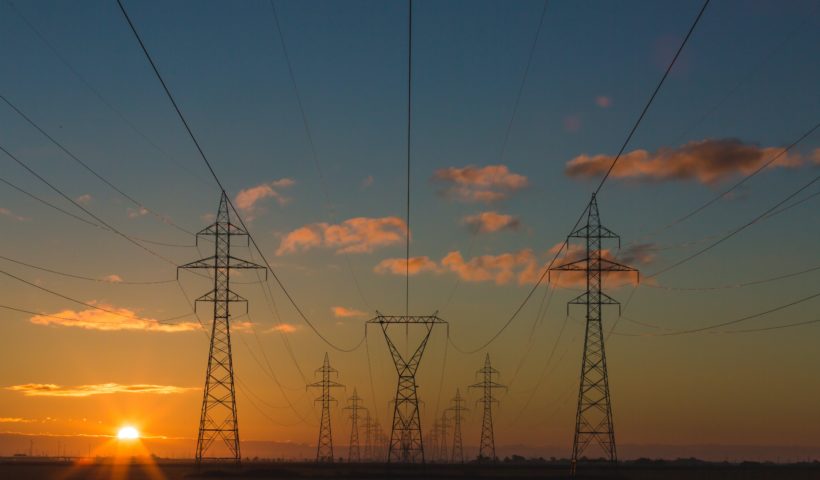Europe’s energy crisis this winter has forced countries into an increased reliance on fossil fuels; is there a way to make sure everyone has their energy needs met without worsening carbon emissions?
View More Europe’s Emerging Energy CrisisTag: Carbon Emissions
Sacrificing the Innocent in the Battle Against Climate Change
President Biden is pushing for the implementation of CO2 pipelines to help decrease emissions, but if they come at the cost of the disadvantaged communities they travel through, are they worth it?
View More Sacrificing the Innocent in the Battle Against Climate Change

